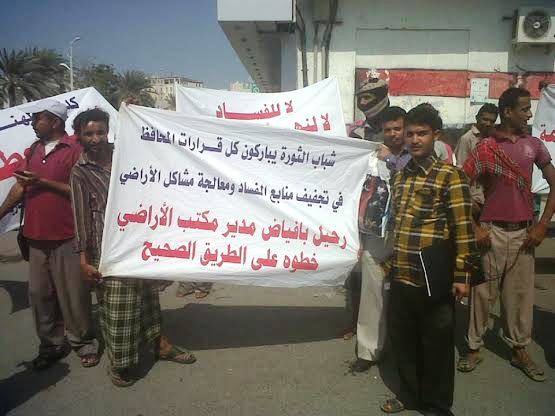The Fate of Transitional Justice in Yemen

Although transitional justice (TJ) processes form the proper way to address the previous regimes’ violations in Yemen and other Arab countries that witnessed popular uprising, the path to implementing TJ still faces complicating challenges and risks. In Yemen, these obstacles are impeding the implementation of the transitional committee’s recommendations that emanated from Yemen’s Comprehensive National Dialogue.
On 18 March 2013, the Yemen’s National Dialogue was launched as the context for political transition and rebuilding the state, as well as determining the obligations of the Yemeni government to adopt a transitional justice law and appoint a commission of inquiry to investigate human right violations during the 2011.
Revealing the truth of past events, ensuring the accountability of those responsible for violations under the past regime, just and adequate reparation for those affected by past practices and achieving national reconciliation are all complicated and problematic in their implementation. Additionally, TJ in Yemen has become overshadowed by the priority to uphold peace and security without implementing any measures yet for the victims of the previous regime’s violations, or applying the principles of reparation such as ensuring nonrepetition.
Also, addressing economic crimes by recovering stolen assets forms an especially difficult predicament, as such measures require specific legislation and a conducive legal framework that complies with international norms, as well as truly independent and nonpartisan TJ mechanisms.
In August, the Supreme National Authority for Combating Corruption provided a set of observations to Yemeni President `Abd Rabbuh al-Hadi on the draft law for recovering stolen assets. It found that the draft law is full of shortcomings and contradicts both the functions of the Authority and the guidance for drafting the law. Additionally, the draft is incompatible with the anticorruption law, which also needs to be reconsidered, as it is inconsistent with the International Convention against Corruption, which Yemen ratified in 2005, as well as Article 47 of the Yemeni Constitution (2001), which provides that “no law may be enacted to put a person on trial for acts committed retroactively.”
The official institutions concerned with these recommendations’ implementation have not approved any procedures or resolutions concerning good governance or fundamental freedoms and rights, despite the National Dialogue’s 157 legal references, 38 resolutions on good governance and 16 recommendations on fundamental freedom and rights for immediate implementation by the government. The government has not implemented the recommendations on corruption in the petroleum sector, fishing contracts, nor on implementing reparation for land-grabbing victims. Neither has the government implemented the National Dialogue’s recommendations related to the issues concerning southern Yemen. This is in spite of the Yemeni president’s 2013 resolution forming a special commission to address the looting of lands and forcible dismissal of employees in the south. That omission has increased the secession demands of the southern Yemeni movement (al-Harrāk), specifically after the Houthis controlled the capital, and gave a deadline for officials and military officers affiliated with the North to leave the territory of South Yemen by the end of November 2014.
Thus, after three years of popular uprising against corruption and plundering public assets, public land grabbing still continues at the hands of armed militants and some officials, as in the case of al-Ahmar Tribe and Wahid Rashid, the governor of Aden Province who recently escaped the country after his involvement in land grabbing in Aden.
Following the Houthi militants’ siege of the capital, they also grabbed large areas and properties under their control. Meanwhile two other officials have been accused of land grabbing crimes, including Muhammad Abdallah al-Sunīdār, vice chairman of Bank of Yemen and Kuwait, and a representative of the Land and Urban Planning Authority who stole lands belonging to martyrs of the revolution.
The absence of the exercise of equal citizenship under the rule of law forms a key factor leading the country to successive, costly and bloody conflicts that now threaten to dismember the country. The processes of transitional justice are aimed to remedy these deep institutional flaws, while ensuring justice and reparations for their long-suffering victims. These recent developments lay out the map of entrenched parochial interests and corruption that both define the TJ agenda and challenge its progress.
Photo on home page: Youth of the Revolution in Hudaidah Governorate demonstrate in front of the governorate building. Source: Hudaidah News Network; Photo on this page: Council of Youth Revolution in Hudaidah Governorate. Source: Hudaidah News.
|